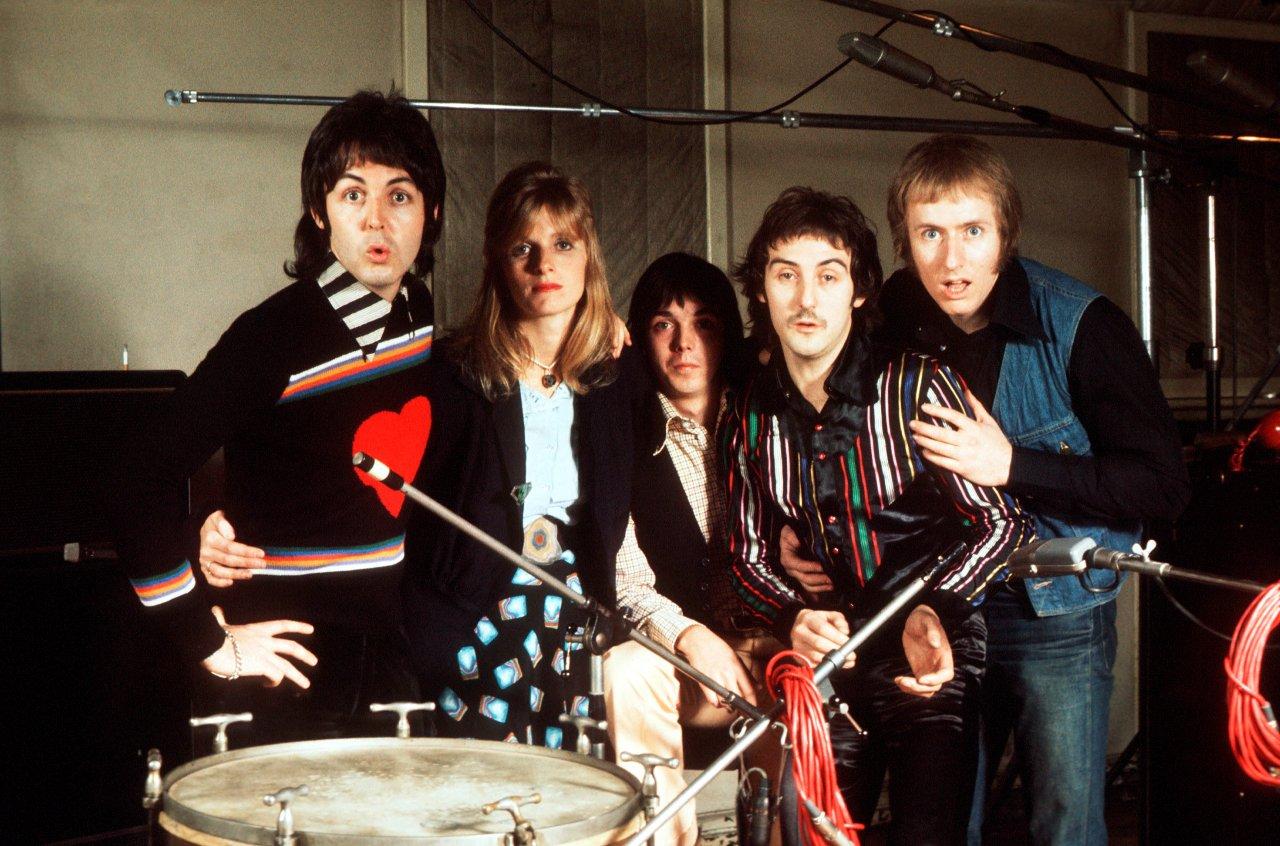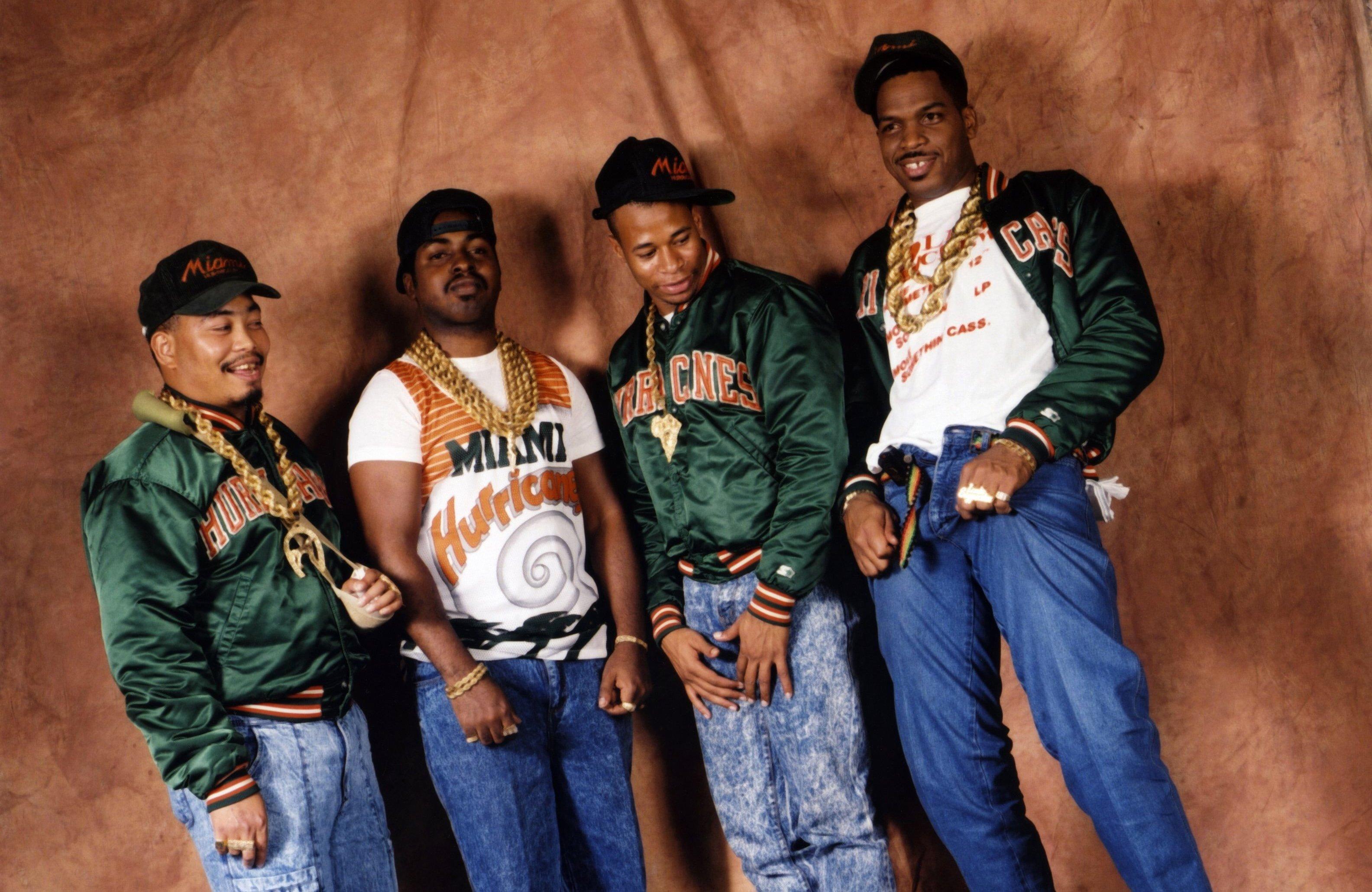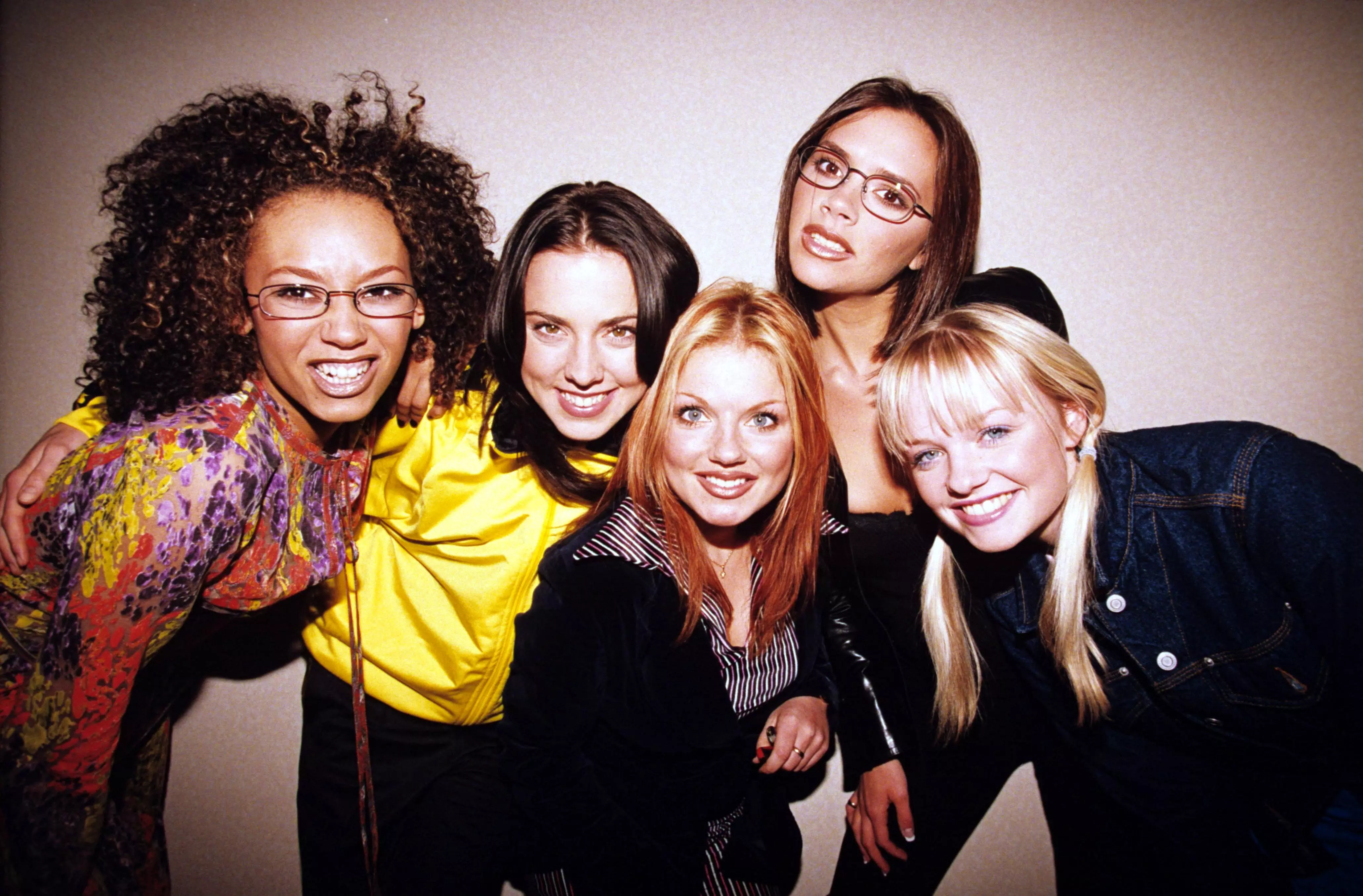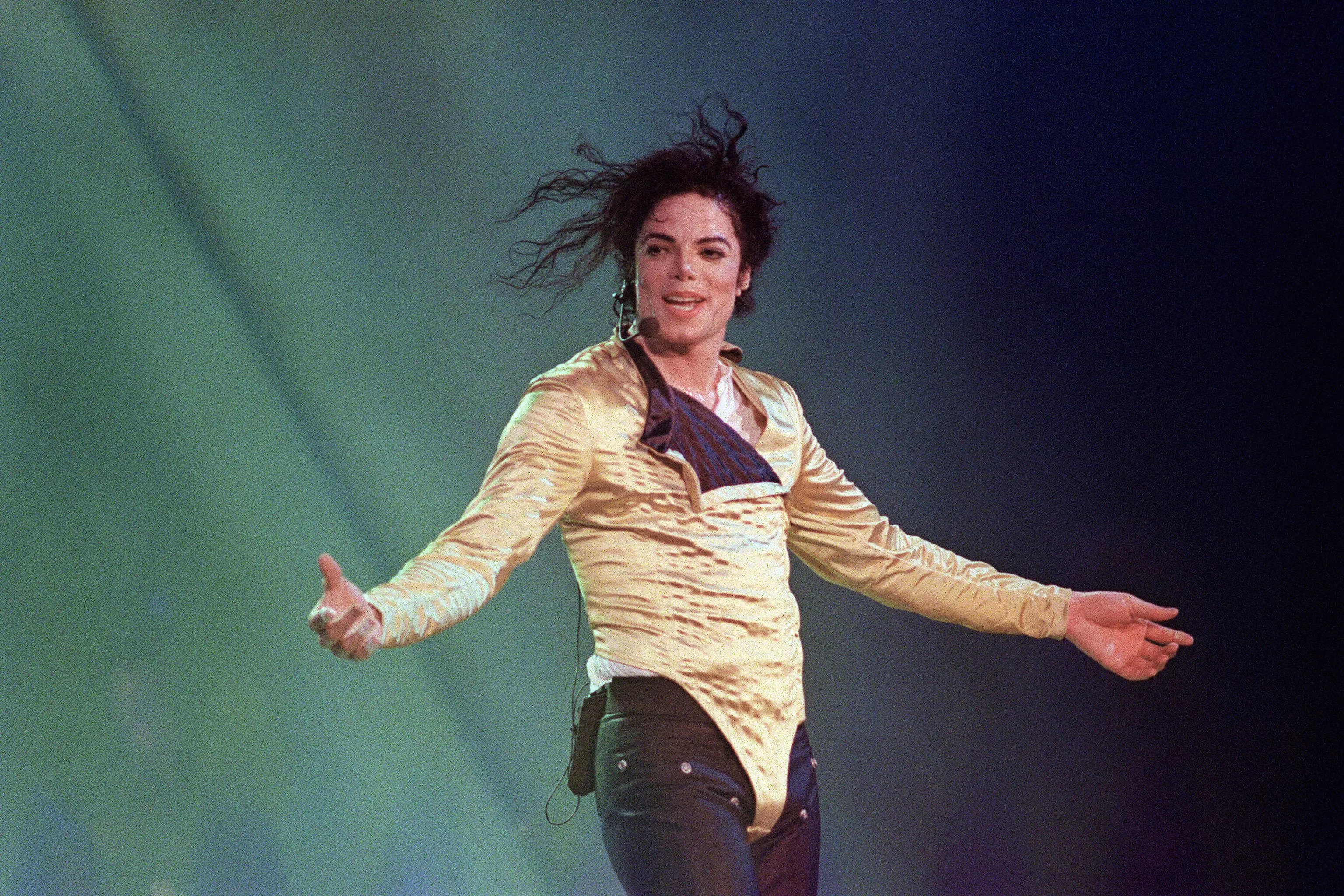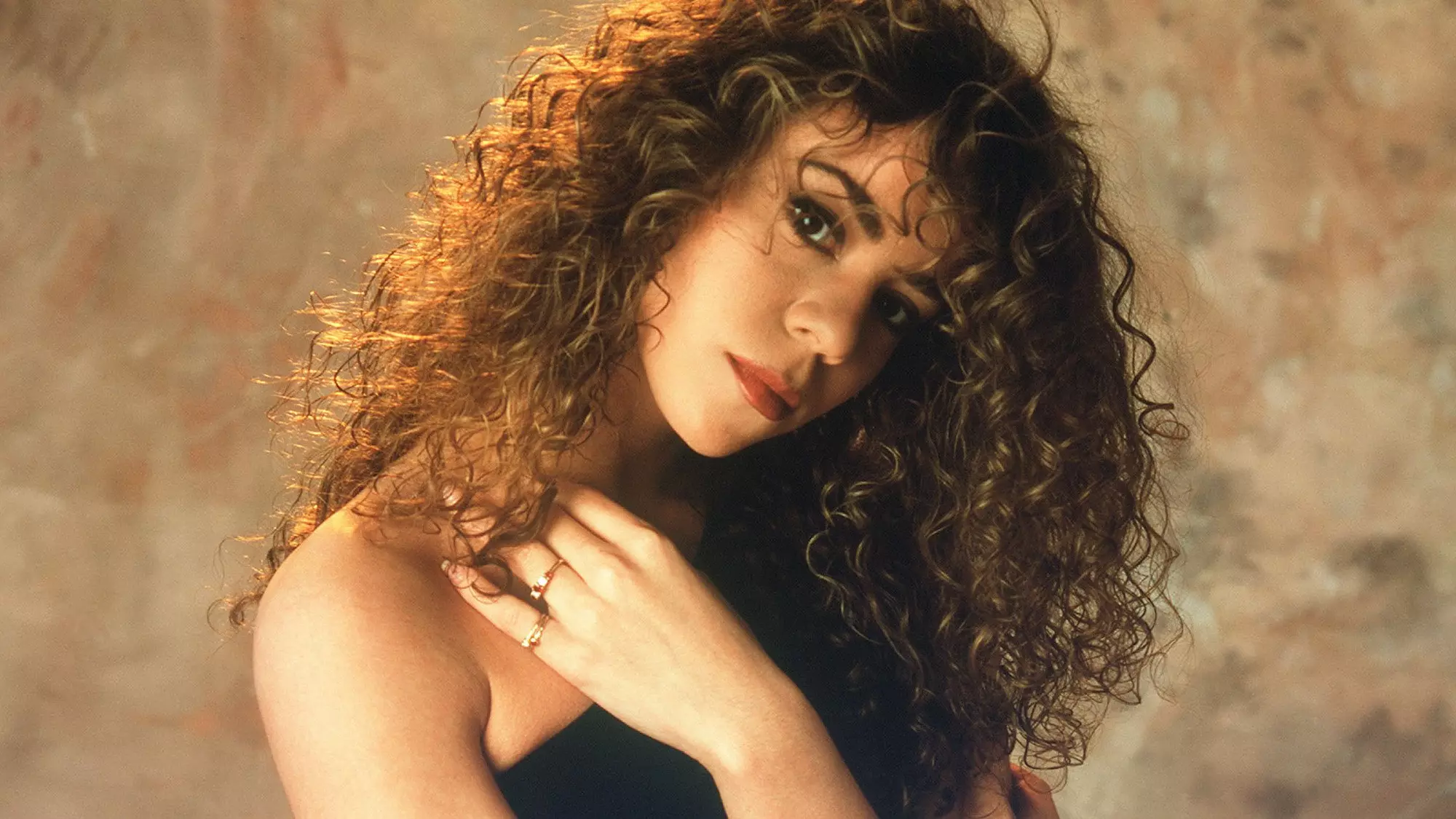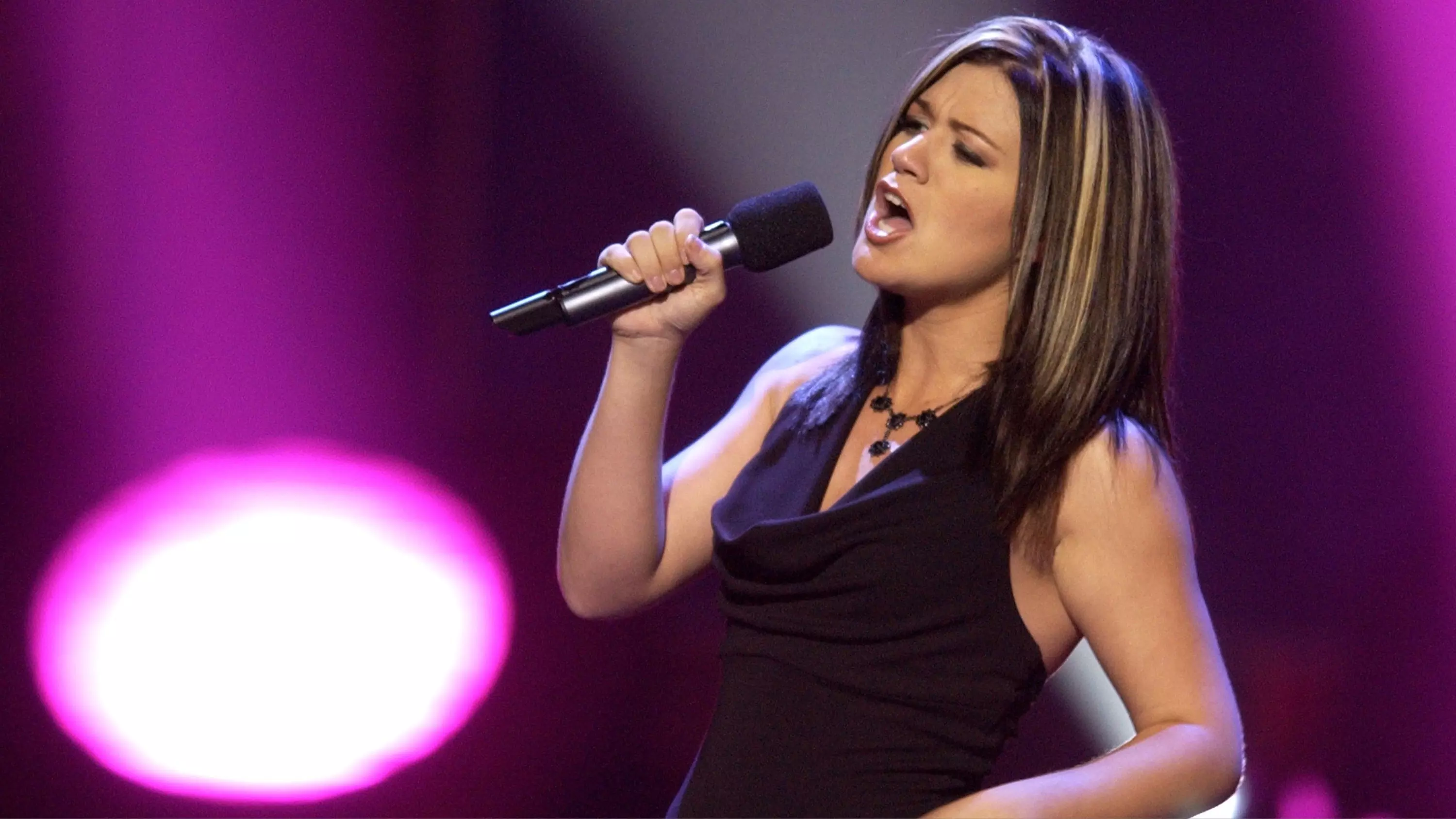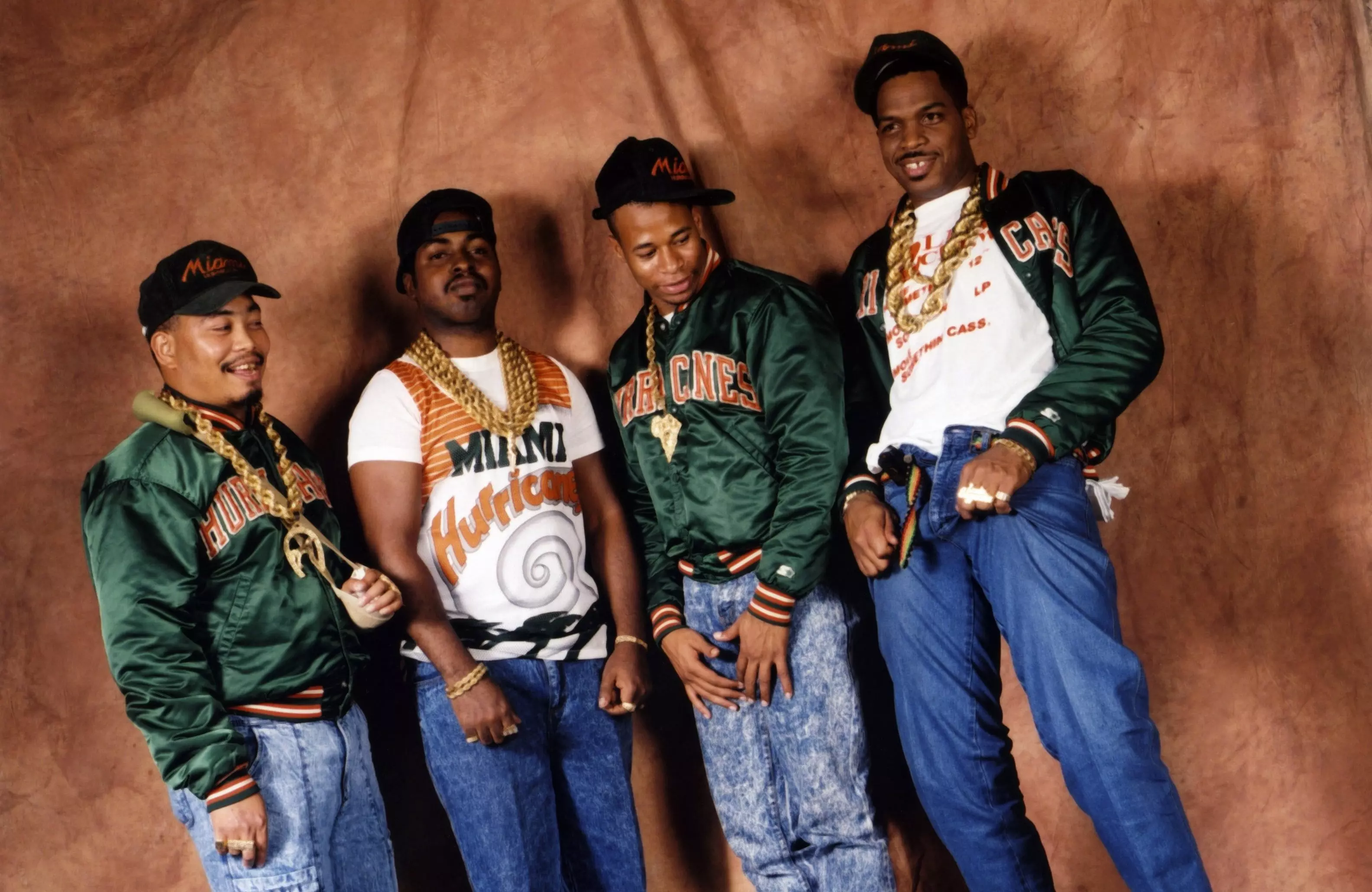Sept. 11, 2001.
Not since the '60s has a series of events left Americans so rattled. The cunning, audacity and ferocity of the attacks on Sept. 11 shattered America's collective psyche like few events before it.
Now, on the 10th anniversary of the Sept. 11 attacks, Americans are turning to music to commemorate that fateful day in 2001, just as they did in the tragedy's immediate aftermath. Among the tributes planned is a TV documentary chronicling Sir Paul McCartney's experiences in New York immediately after the attacks. Premiering Sept. 10 on Showtime, The Love We Make features footage of McCartney organizing and rehearsing for the Concert For New York City, along with clips of McCartney talking with New Yorkers on the city streets.
According to directors Albert Maysles and Bradley Kaplan, the film documents the involvement of some of the world's most popular entertainers, including David Bowie, Mick Jagger and Pete Townshend, among others.
"Many of the performers in this film are Brits and love America," says Kaplan. "They feel a kinship with New York City as the cultural and emotional capital of the world. The concert was a coming together of friends and colleagues to raise the spirits and raise money for those who are in greatest need."
"The mood backstage was very positive," recalls Maysles. "Everybody knew they were doing the right thing."
McCartney's documentary is just one of many music-related Sept. 11 commemorative events.
On Sept. 10 opera star soprano Renée Fleming will perform a free concert with the Lyric Opera in Millennium Park in Chicago. The New York Philharmonic is conducting a special memorial concert at Avery Fisher Hall that will be broadcast live on radio and projected on a screen in Lincoln Center's plaza. The concert will actually take place Sept. 10, and will be rebroadcast on PBS the following evening.
On Sept. 11 the Beach Boys will join the Colorado Symphony to perform a free commemorative concert at Denver's Civic Center Park, while country star Alan Jackson, R&B icon Patti LaBelle and mezzo soprano Denyce Graves will co-headline A Concert For Hope at the Washington National Cathedral in the nation's capital.
The Kennedy Center and The New Republic magazine are hosting a private "evening of remembrance and reflection" for relatives of Sept. 11 victims, first responders and members of the military. The event, titled 9/11: 10 Years Later, will feature jazz musician Wynton Marsalis, Graves, folk/country singer Emmylou Harris, and the National Symphony Orchestra.
"As it has done after other tragedies and challenges in our nation, 10 years later music continues to play an important role in the healing process, post 9/11," says Jay S. Winuk, vice president and co-founder of MyGoodDeed, a nonprofit organization that leads the Sept. 11 National Day of Service and Remembrance observance. "I surely rely on music as a great source of strength for my own loss on 9/11."
From the start, music has played a major role in commemorating and dealing with Sept. 11. In 2001 Jackson topped the country singles chart with his compassionate GRAMMY-winning ballad "Where Were You (When The World Stopped Turning)." Bruce Springsteen captured three GRAMMYs in 2003 for his rousing Sept. 11-inspired album, 2002's The Rising, while Neil Young recorded "Let's Roll," a hard-rocking tribute to the passengers of United Airlines' ill-fated Flight 93.
If the attacks were partly intended to discourage world trade and globalization, they failed. In the immediate wake of the tragedy, condolences for the United States poured in from other nations sympathetic to America's core values of freedom and democracy. America: A Tribute To Heroes, a benefit concert/telethon on Sept. 21, 2001, featured a plethora of international superstars, including those from Britain (U2, Sting), Canada (Celine Dion) and Australia (Natalie Imbruglia).
Then there was one of the grandest neighborly gestures of all — an Englishman, namely McCartney, organizing the all-star Concert For New York City. Featuring fellow Brit-rockers the Who, Bowie, Clapton, Jagger and bandmate Keith Richards, along with American superstars such as Melissa Etheridge, Jay-Z and Bon Jovi, the concert found McCartney once again proving that music, humanity and positive action can go a long way in times of trouble.
Maysles has a gift for being present during some of rock's most historic moments. He co-directed Gimme Shelter, the acclaimed 1970 documentary chronicling the Rolling Stones' controversial Altamont concert in 1969. Maysles' creative partnership with McCartney dates back to 1964, when the director filmed the acclaimed historical documentary The Beatles: The First U.S. Visit.
The decades-long friendship came full circle in October 2001, when McCartney phoned Maysles to ask him to chronicle the Concert For New York City.
"Paul said, 'Let's start filming the way we did it [in] '64, in black and white using 16 mm film,'" says Maysles.
The 2001 footage sat unedited for nearly a decade. "Last year, Paul sent Albert a beautiful handwritten note," Kaplan recalls. "It said, 'Have you looked at the footage we shot in 2001? Do you think there's a film there? If so, do you think we should finish it?'"
Maysles believes The Love We Make underscores the unique and immediate power of music to help heal during periods of crisis.
"In a way, only music can satisfy that desire to express the kind of love that is seen and heard in this film," says Maysles. "That concert and this film are permeated with love."
(Bruce Britt is an award-winning journalist and essayist whose work has appeared in The Washington Post, USA Today, San Francisco Chronicle, Billboard and other publications. He lives in Los Angeles.)








.webp)




